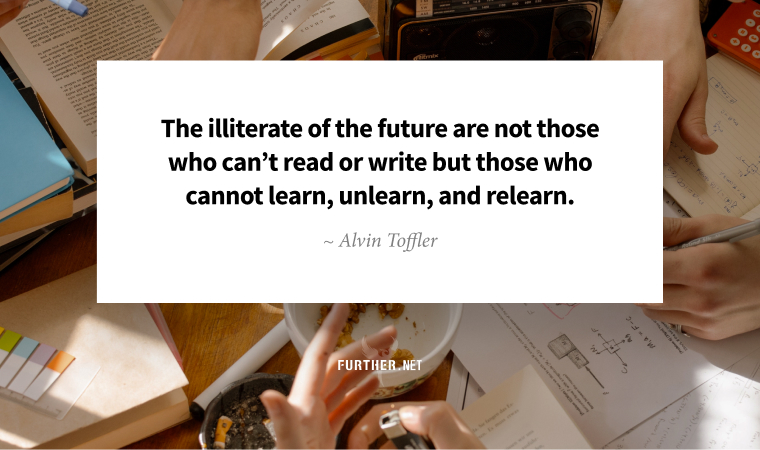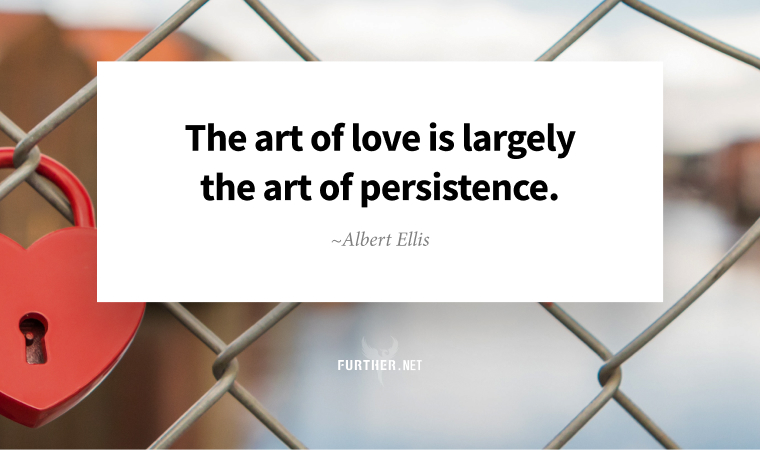Embrace Your Inner Homer Simpson to Thrive 
It's a common cliche that our memories begin to suffer at middle age. In reality, memory loss is not an inevitable part of aging -- but it's definitely more common in older people than younger folks. When memory problems do occur, it's likely caused by a natural decline in neuroplasticity, or the brain's ability to change and adapt. But we now know that you can enhance your brain's neuroplasticity at any age. That said, many memory problems come from environmental factors like stress, hormonal changes, too little sleep, poor diet, and lack of exercise. Memory loss is not inevitable, but you have to make a concentrated effort to avoid it. Are there times, though, that forgetting is beneficial? And I mean beyond your wardrobe choices in the 80s. The answer is yes, and it's tied to unlearning old information and replacing it with improved knowledge. So what does this have to do with Homer Simpson? Let's reflect on an episode of The Simpsons in which Homer confesses to Marge: Remember when I took that home winemaking course and I forgot how to drive? Every time I learn something new, it pushes some old stuff out of my brain. That's classic Homer. But even though it was intended as an exaggerated joke, at the core of it is a beneficial aspect of your brain that you should embrace, especially as you get older. A research team from the University of Glasgow discovered through magnetic resonance imaging something important about memory. They found that learning a new approach causes your brain to erase previous information on the topic. The Homer Simpson effect claims that, when you learn something new, your brain tries to find space and, to do so, ends up erasing your previous learning. This deletion process is only carried out when the information is rather similar. In other words, you unconsciously keep newer data and experiences and eliminate old ones. This is the essence of unlearning. It involves integrating better information, strategies, and experiences to optimally adapt to a rapidly changing environment (you know, like all of life today). Now, maybe emulating Mr. Simpson seems a bit silly. So how about dramatic examples of the power of unlearning from Andy Grove of Intel, Serena Williams, Disney, and even (up to a point) the Roman Empire? For that, check out this Further Feature article: Reset Your Thinking for Breakthrough Success Keep going- Brian Clark P.S. The Further website is back! If you enjoy this issue, please consider forwarding it to a friend so they can sign up here. Thank you! Some Mice Have All the Luck Using proteins that can turn an adult cell into a stem cell, molecular biologist David Sinclair and his team have reset aging cells in mice to earlier versions of themselves. This discovery indicates there is a "backup copy" of youthfulness information stored in the body. Now we just have to see if it works in humans -- and Sinclair doesn't see a reason why it won't. Stay tuned.
Scientists Can Reverse Aging in Mice. The Goal is to Do the Same for Humans Coffee Has More Perks New research finds that people who drink moderate amounts of coffee, even with a little sugar, were up to 30 percent less likely to die during the study period than those who didn't drink coffee. Related: Here's how many daily cups to have for optimal heart health (it's more than you think). Coffee Drinking Linked to Lower Mortality Risk, New Study Finds Passive Regressive Owning income-producing rental property may sound like an easy way to earn returns to many investors, but the reality can be very different from the dream. In other words, there's nothing passive about an investment that requires this much work. The Myth of Passive Real Estate Investing Think Different Negative thinking is a bad habit that only gets worse because of how we respond to it. In this guide, there are 10 ways to deal with negative thinking in a healthy and productive way -- one that addresses the root of the problem rather than quick fixes that make you feel better in the moment and worse in the long run.
10 Healthy Ways to Deal with Negative Thinking The Counterintuitive Key to Happy Romantic Relationships 
Watching the most recent horrendous Hollywood breakup featuring a former GenX heartthrob makes me wonder about people's expectations of marriage vows. We cling to the romantic ideal of unconditional love, then are shocked when amore devolves into acrimony. In real life, we get to see that part that the paparazzi doesn't -- the mundane elements of everyday life. Anyone in a relationship longer than a few months knows the pendulum swing from "I can't live without you" to "If I don't get five minutes to myself, I'll destroy you." (Particularly in the pandemic's wake, where research showed couples experienced the equivalent of four extra years in their relationship.) This is what relationship expert Terrence Real calls "normal matrimonial hatred." But there's a kinder way to describe something that's not only natural but also holds the key to a long, healthy union: relational ambivalence. Should I Stay or Should I Go? At some point in every relationship, we wonder if it's worth it. This can be a momentary thought or something that builds over time. As Esther Perel explains, that's because unconditional love in romantic relationships is a myth, and reality is somewhere in the middle. "Relational Ambivalence" is the experience of contradictory thoughts and feelings—of love and hate, attraction and disgust, excitement and fear, contempt and envy—toward someone with whom we are in a relationship. We all want that Jerry Maguire moment, but there's no way to keep "you had me at hello" on repeat. Familiarity doesn't have to breed contempt, but it certainly begets ambivalence. Love Rollercoaster New research shows ambivalence is not only normal between couples, but it's also an essential tool to spur improvements in their relationships. The researchers found a correlation between high levels of relationship uncertainty and greater motivation to improve marital challenges – leading to increased relationship satisfaction over time. So how do you navigate the discomfort of ambivalence? You can, of course, decide to leave (especially if the relationship is abusive or differences are irreconcilable) or justify staying, forcing yourself to continue to love unconditionally – regardless of if it feels right. But there's a third way, which involves simply holding the ambivalence. This kind of radical acceptance, Perel says, allows you to embrace ambiguity and release expectations and needs that stifle evolution. Stop trying to justify, stop negotiating, and just sit with it. Can we accept that we can wholly love a person without having to love every part of them? This is a much more realistic expectation of romantic love and relationships. Yes, your loved one is flawed, and so are you. If you can make peace with loving someone but not always liking them, then one thing is sure: you have what it takes to make it for the long haul. The Myth of Unconditional Love in Romantic Relationships (Esther Perel) further: flashback 
Sex Pistols - God Save the Queen
Never Mind the Bollocks, Here's the Sex Pistols, 1977
Whether you think the Sex Pistols are punk icons or a manufactured boy band, well ... you're right on both counts. But the band did write their own songs, including God Save the Queen -- which may be the ballsiest song ever written. Or should that be bollocks-iest? (YouTube) | 

No comments:
Post a Comment